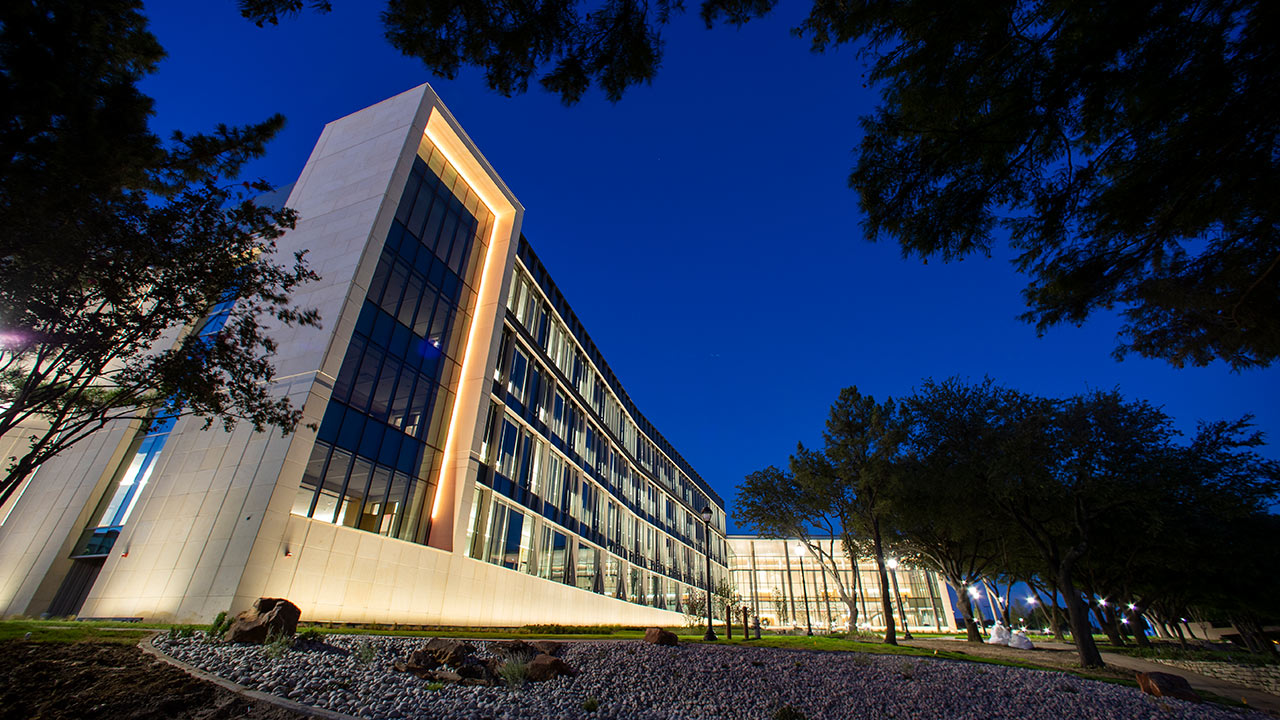Material Transfer Agreement FAQs
MTA Basics: What, When, Why (do I use)?
MTA Process: How to get an MTA
UT Arlington has a limited number of university signing officials. Research Administration personnel will determine the appropriate signatory for each agreement. Most faculty and staff are not authorized to commit the university in writing to an agreement. You are only a UT Arlington authorized signatory if you have a written delegation of signature authority from the President of UT Arlington.
We sometimes ask faculty to approve project specific contents of an MTA Sometimes, outside parties ask that UT Arlington personnel sign MTAs acknowledging their obligations under the MTA.
On the average, it takes a few days to a couple of weeks. If the materials are biological, and the disclosing institution uses the Uniform Biological Material Transfer Agreement, UTA will be able to sign the Implementing Letter associated with that Agreement very quickly. If the disclosing institution uses the UT Incoming MTA template, the process will also move very quickly.
Couple things, though. If you have not completed your IRB or IACUC protocol approvals, that timing will be delayed. Signatures can also be delayed by non-conforming terms of an agreement.
In many cases, disclosing institutions use MTA templates that contain terms and conditions that are unacceptable to The University of Texas at Arlington. These unacceptable terms can require the University to deviate from State of Texas laws or from federal policies related to biological materials. Due to the need to negotiate acceptable terms, signature to the MTA may be delayed and the materials may not be transferred to you as quickly as preferred. Please be aware that MTA negotiations with corporations can be particularly challenging.
MTA Unique Circumstances and Special Terms
Good news. UTA has negotiated a master MTA with a popular global nonprofit Bio-resource Center (BRC) and research organization, American Type Cell Culture (ATCC), for faster processing of orders to help make our researchers’ life sciences projects run more smoothly.
Except for a few (rare) select cases, there is now no need to go through the MTA process for each ATCC order. When you order material with ATCC, ATCC will email a special notice to inform UTA Research Administration about your order. Then, we will help you satisfy your regulatory obligations seamlessly. Once we receive the notice, our teams here with Research Administration will ask and confirm with you some straightforward questions for regulatory purposes.
For ATCC ordering process details click here.
UTA is in the process of negotiating with other popular vendors to get more master agreements in place. If we have not negotiated MTAs with a particular catalogue company, and you have a need, let us know, and we may be able to negotiate terms suited to University practice.
For sponsored research projects using an MTA, contact Agreement Management or email the Agreements Manager, and for technology transfer, contact the Innovation and Commercialization, and notify us of the MTA
